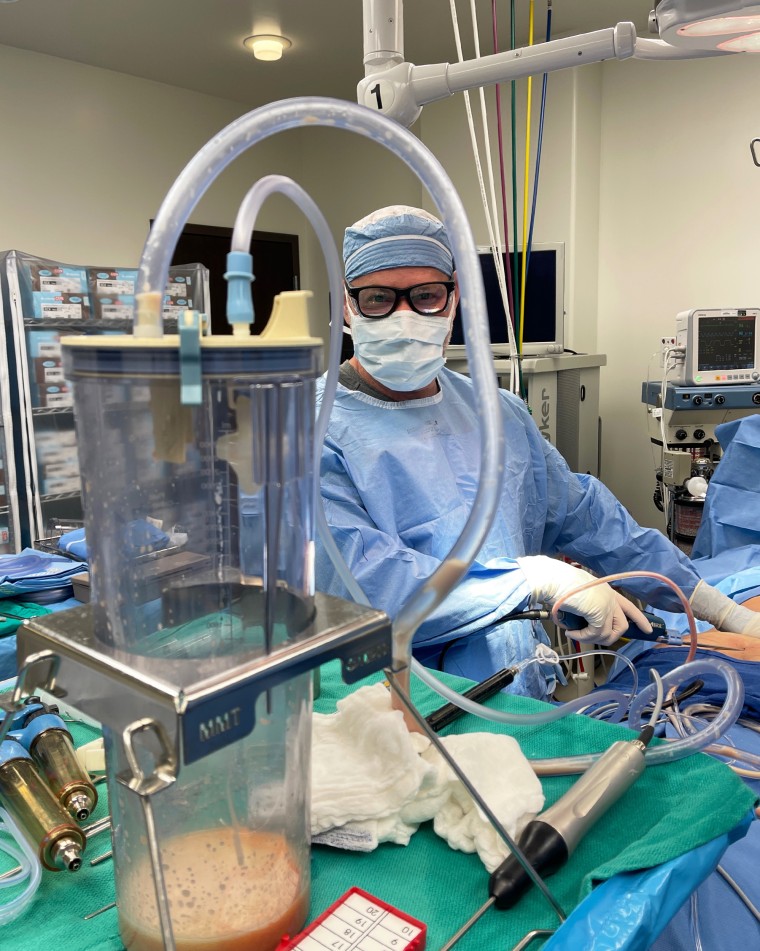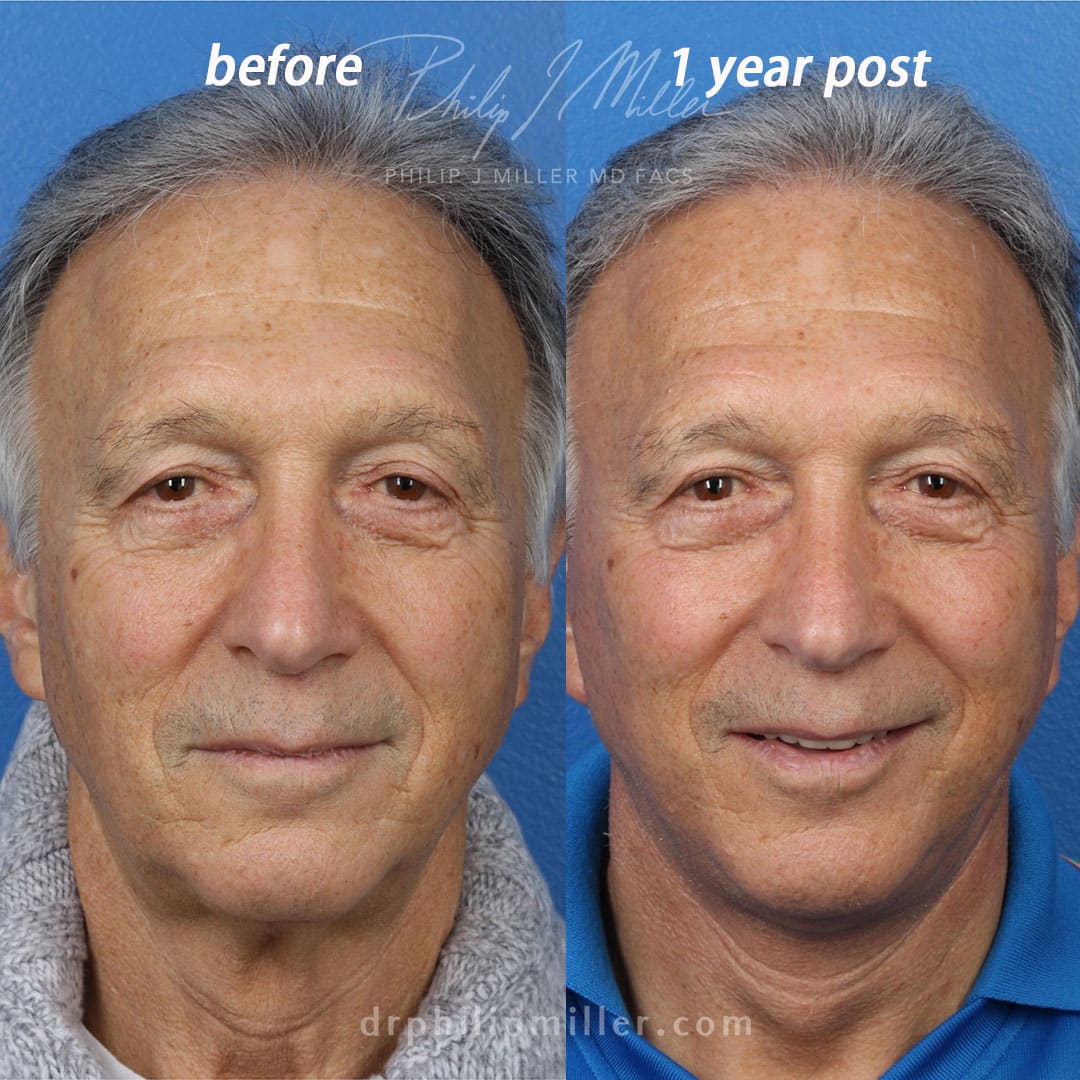Professional Plastic Surgery Rancho Cucamonga: Transform Your Look with Leading Surgeons
Professional Plastic Surgery Rancho Cucamonga: Transform Your Look with Leading Surgeons
Blog Article
Investigating the Psychological and Social Elements That Drive Individuals to Take Into Consideration Aesthetic Surgery as a Means of Improvement
The decision to pursue cosmetic surgical procedure frequently expands past simple appearances, linking with emotional and social dynamics that warrant thorough exam. Variables such as self-confidence, prevalent societal charm requirements, and the pervasive impact of social networks merge to shape private inspirations for medical improvement. As these impacts come to be significantly popular, comprehending the underlying psychological and social contexts is crucial. What continues to be to be explored is the profound effect these elements have not only on individuality however additionally on more comprehensive societal norms and values surrounding appeal and approval.
The Function of Self-Esteem
Self-esteem substantially influences a person's decision to pursue plastic surgery. Individuals with reduced self-confidence usually view themselves in an adverse light, leading to feelings of insufficiency concerning their physical appearance. This unfavorable self-perception can drive them to look for medical interventions as an approach of enhancing their self-image. The desire for enhancement in one's appearance is often linked to an idea that such modifications will elevate their general self-regard and self-confidence.

Inevitably, the role of self-worth in the decision-making process pertaining to cosmetic surgical procedure highlights the complicated interplay in between body photo, individual contentment, and psychological health. Recognizing this connection is important for medical care experts to ensure that clients are making educated choices rooted in realistic assumptions and emotional wellness.
Societal Beauty Requirements
Influenced by pervasive media representations and social narratives, societal appeal requirements play a critical function in shaping individuals' perceptions of their very own bodies. These criteria are frequently identified by an idyllic form of elegance that stresses traits such as proportion, slimness, and youthfulness. As these ideals are bolstered via numerous networks, including movie, television, and marketing, people often internalize these messages, resulting in discontentment with their natural look.
The implications of these societal standards expand past aesthetic choices; they can influence self-confidence, mental health, and social connections. People who view themselves as falling short of these requirements may experience sensations of insufficiency, triggering a desire for plastic surgery as a way of attaining societal authorization. This quest is usually fueled by the idea that complying with these perfects will certainly enhance not only physical appearance however also social standing and personal fulfillment.

Impact of Social Network
The impact of social charm requirements is further amplified by the surge of social media sites platforms, where curated photos and idyllic representations of charm are common. Customers are frequently exposed to filteringed system and modified pictures, which typically illustrate unattainable physical features. This direct exposure grows a culture of contrast, leading individuals to examine their very own appearance versus these usually unrealistic benchmarks.
Social network influencers and celebs often advertise cosmetic treatments, stabilizing the concept that medical improvements are a sensible ways for accomplishing societal ideals (plastic surgery rancho cucamonga). The exposure of these enhancements can create an assumption that undertaking cosmetic surgery is a standard practice, therefore influencing individuals to think about similar treatments as a path to enhanced self-worth and social approval
Additionally, the interactive nature of social networks enables prompt comments via sort and comments, additionally strengthening the need to adapt popular appeal criteria. Such communications can exacerbate sensations of insufficiency and drive people towards plastic surgery as a way of acquiring validation. Ultimately, social networks plays a critical role in shaping assumptions of charm, which significantly affects the decision-making processes surrounding cosmetic surgical procedure.

Social Viewpoints on Look
Throughout numerous societies, assumptions read of look are deeply rooted in historical, social, and financial contexts, forming people' views on elegance and worth. In lots of societies, appearance functions as a considerable marker of identity, influencing social standing, expert opportunities, and personal partnerships. For instance, in some cultures, light skin is frequently connected with wealth and benefit, while others might glorify darker skin tones as icons of strength and credibility.
Furthermore, standard appeal criteria are typically perpetuated through cultural stories, media depictions, and family members influences, resulting in varying ideals throughout different areas (plastic surgery rancho cucamonga). In Western cultures, the emphasis on young people and fitness usually drives individuals towards aesthetic enhancement, while in certain Eastern societies, more refined changes straightened with traditional aesthetics might be chosen
Globalization and the spreading of electronic media have actually further complicated these characteristics, producing a hybridization of beauty ideals that goes beyond geographical boundaries. As individuals significantly browse these social narratives, the stress to satisfy particular appearance standards can cause the need for plastic surgery, mirroring an intricate interplay of cultural worths and personal aspirations. Understanding these social point of views is essential in resolving the inspirations behind cosmetic surgery factors to consider.
Mental Effects of Plastic Surgery
Several individuals seeking plastic surgery report experiencing profound psychological influences that can substantially change their self-perception and emotional health - plastic surgery rancho cucamonga. The desire for physical improvement typically comes from underlying problems such as low self-confidence, body dysmorphic problem, or societal stress pertaining to beauty criteria. For some, the immediate post-operative phase can bring about a temporary boost in self-esteem and satisfaction with their look, cultivating a feeling of empowerment
Nonetheless, these favorable feelings might not be enduring. Study indicates that while some individuals experience enhanced self-worth, others might deal with increased anxiety or clinical depression if their expectations are not satisfied. This disparity can develop from unrealistic perfects perpetuated by media depiction and cultural narratives surrounding beauty.
Additionally, the psychological implications of plastic surgery prolong past the person. Relationships with family and close friends might be strained as social dynamics shift, leading to sensations of seclusion or alienation. Ultimately, the mental influences of cosmetic surgery are complicated and diverse, needing mindful factor to consider by both potential individuals and doctor to ensure educated decision-making and reasonable assumptions.
Final Thought
To conclude, the this hyperlink decision to go after plastic surgery is significantly affected by a combination of self-worth problems, societal charm criteria, and social point of views on appearance. The prevalent reach of social media sites additionally aggravates these pressures, advertising unrealistic suitables that individuals often make every effort to obtain. Understanding these social and mental aspects original site is necessary for resolving the inspirations behind cosmetic surgery, highlighting the requirement for a much more nuanced discussion bordering beauty and self-acceptance in modern society.
The decision to pursue cosmetic surgery often expands past simple aesthetic appeals, linking with social and psychological characteristics that merit extensive exam. Eventually, social media plays a crucial function in forming assumptions of beauty, which substantially impacts the decision-making procedures surrounding cosmetic surgical procedure.
As people significantly navigate these cultural narratives, the pressure to conform to certain appearance criteria can lead to the wish for cosmetic surgical procedure, showing a complicated interplay of individual goals and cultural worths.In final thought, the decision to go after cosmetic surgical procedure is substantially affected by a combination of self-esteem problems, societal elegance criteria, and cultural point of views on appearance. Understanding these social and mental variables is important for dealing with the inspirations behind cosmetic surgery, highlighting the requirement for a more nuanced discussion surrounding elegance and self-acceptance in contemporary society.
Report this page